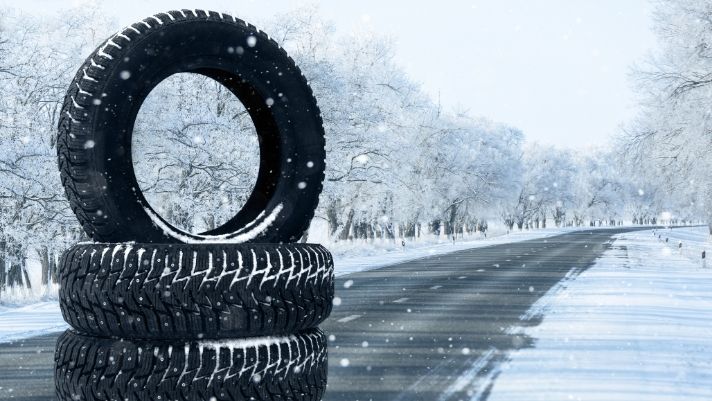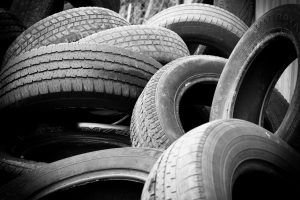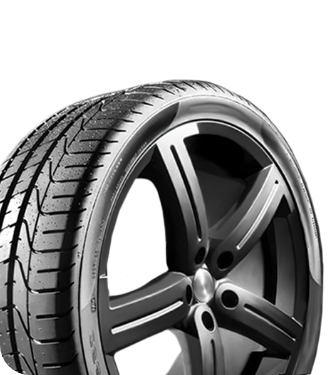

How the Temperature Affects Your Tires
Tires |Even if you store your car in a garage, the elements can affect various parts of your vehicle’s performance. Between rain, snow, temperature, and ice, you must pay attention to how the weather affects your automobile. This is how the temperature affects your tires.
Temperature Relates to Air Pressure
One of the central components of daily weather is the temperature outside. Cold and hot temperatures affect the world around you. In fact, air pressure and temperature are closely related. The temperature reflects the heat or frigidity of the air, which is essentially the speed at which air molecules produce frictional force against one another. Hot days mean higher-moving air particles, while cold days mean slower-moving air. This in turn affects air pressure, which is the weight of the air molecules pressing down upon the earth. Sea level is home to the highest density of air molecules, so the pressure is higher there than, say, at the top of the mountains.
Tire Pressure Changes with Temperature
You may be wondering what temperature and air pressure have to do with your car. Well, your tires are essentially atmospheric ecosystems of air, just like the Earth. Just as hotter days mean faster-moving air outside, it also means faster air in your tires. Your tires, of course, have much smaller volume than the Earth’s atmosphere, so the effects of these temperature changes are more noticeable in tires. Your tire pressure will change with the outside temperatures, decreasing with cold weather and increasing with hot weather.
What This Means for Car Maintenance
It’s one thing to know your tire pressure changes with the outside temperature, but it’s another to know what this fluctuation requires of you as a car owner. It’s always good practice to service your car frequently at the recommended mileage marks. However, you must also pay close attention to your car on your own, especially to the tires. In colder months, your tire pressure will drop, so you must pump more air into them. This will keep the tires from flattening and disrupting other systems. In warmer months, your tire pressure will rise, so you may need to release built-up air to return to the manufacturer-recommended equilibrium. Overfull tires can more easily pop due to less flexibility. You must know how the temperature affects your tires to care for your car well. If you experience any problems with your tires or have further questions about tire pressure, visit our tire shop in Anderson, Indiana, today.





